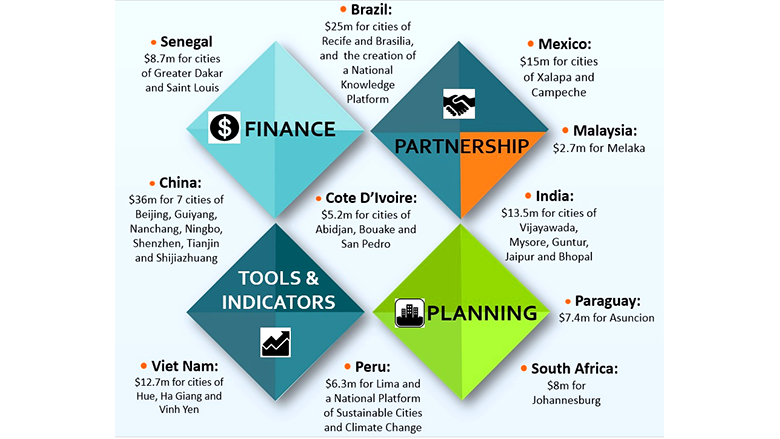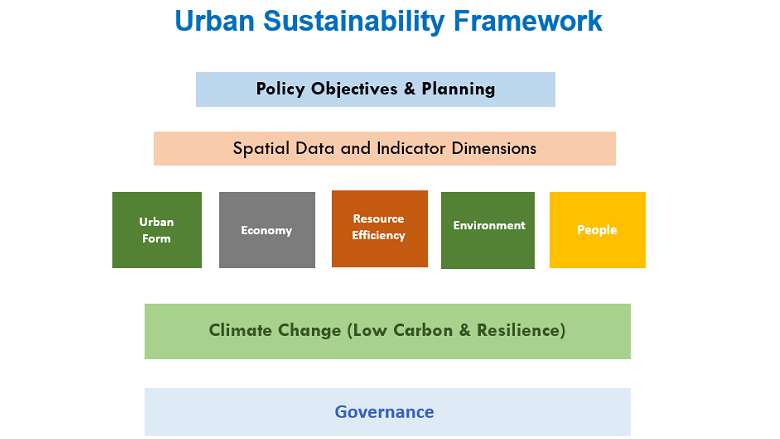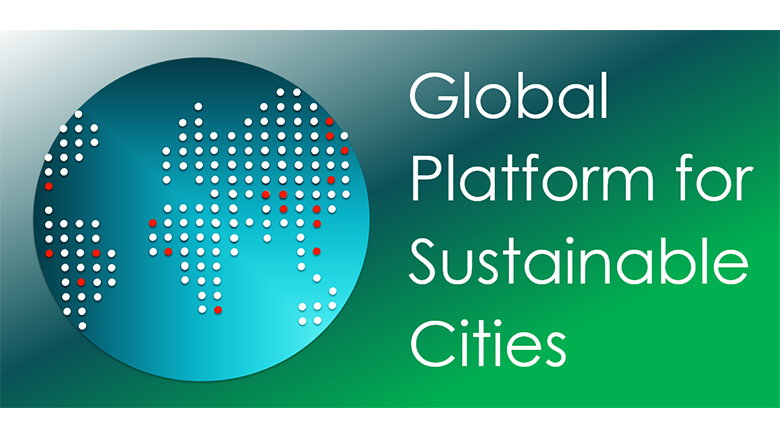For the latest updates on the GPSC, visit its official website at www.thegpsc.org
The world is urbanizing at a rapid pace. Already more than half of the global population lives in cities, and this number is expected to increase to two thirds of the global population by 2050. The vast majority of this growth will be concentrated in developing countries, with nearly 90% of the increase occurring in Asian or African cities.
In addition, cities are responsible for two-thirds of the world’s overall energy consumption and an estimated 70% of all greenhouse gas emissions. With developing countries experiencing unprecedented urban growth, efforts to build livable and sustainable cities are hampered by mounting challenges in areas like water supply and sanitation, waste management, transport infrastructure and services, energy supply, as well as climate change.
Cities around the world are in urgent need of effective planning and financing strategies to meet these challenges. Integrated urban planning offers a unique opportunity for cities to realign their growth trajectories onto a more sustainable, resilient, and inclusive path.

Strategy
Against this backdrop, the Global Platform for Sustainable Cities (GPSC) was launched in March 2016 as part of the Sustainable Cities Integrated Approach Pilot (SC IAP) supported by the Global Environment Facility (GEF). The GPSC provides a more holistic approach to urban development rather than through a sectorial or “project-by-project” approach. Specifically, the GPSC supports the following activities:
- Using geospatial data and tools to support integrated urban planning;
- Developing GPSC national planforms to enable public access to reliable and accurate location-based information;
- Establishing and enhancing urban sustainability indicators in close alignment with the UN Sustainable Development Goal 11;
- Implementing a diagnostic process to assess cities’ sustainability status;
- Preparing and implementing action plans to facilitate planning for sustainable urban growth;
- Providing capacity building opportunities to improve municipal finances and city creditworthiness, as well as to identify priorities for urban investment; and
- Delivering workshops and trainings at regional and national levels to share knowledge and experience among client cities.
GPSC Support to Participating Cities with Partnership Organizations

The GPSC covers around 30 cities across 11 pilot countries: Brazil, China, Cote d’Ivoire, India, Malaysia, Mexico, Paraguay, Peru, Senegal, South Africa, and Vietnam. Each country is supported with designated GEF grants that are executed by one or several implementing agencies (for more information on the participating cities and their activities, see GPSC Program Booklet).
As a core component of the program, an Urban Sustainability Framework (USF) is being developed in collaboration with partner organizations. The USF streamlines existing indicators and enables cities to select indicators suitable for achieving their policy objectives. It contains five components: 1) sustainability indicators, 2) diagnostic process, 3) sustainability action plan, 4) financing and investment, and 5) process for implementing the framework. Serving as an overarching guidance document for supporting cities to pursue integrated approach, USF will facilitate implementation of existing GPSC-IAP programs as well as support cities for the new round of participation. An official launch of USF is scheduled in the second quarter of 2017.

To foster knowledge sharing and to promote discussions on the program and sustainable urban development in general, GPSC also launched its Community of Practice in October 2016. As an inclusive global platform, the GPSC is open to involving other interested cities, organizations, and practitioners in its activities and learning events.


